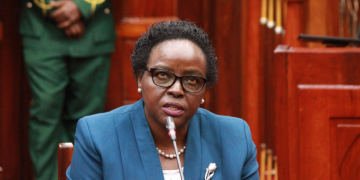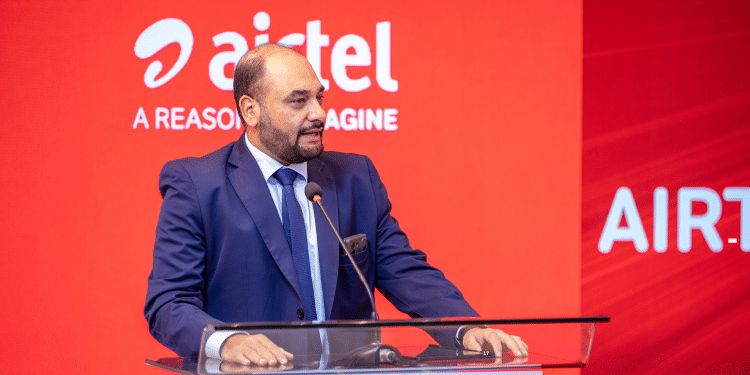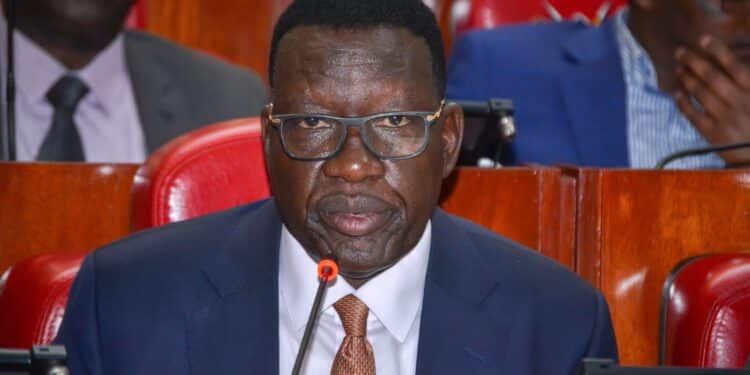The Energy and Petroleum Regulatory Authority (EPRA) on Thursday, September 14, unveiled guidelines to govern Electric Vehicle Charging and Battery Swapping Infrastructure.
EPRA Director General Daniel Kiptoo and Energy Cabinet Secretary Davis Chirchir, have urged Kenyans to consider switching to electric mobility.
During the event CS Chirchir challenged Kenyans to take advantage of incentives rolled out by the government.
According to him, the government has reduced excise duty for electric vehicles from 20% to 10% and exempted them from Value Added Tax (VAT).
Additionally, CS Chirichir noted that the government has pushed for special e-mobility tariffs that will provide power to electric vehicle owners at lower cost.

“Locally assembled E-motorcycles are exempted from excise duty and affordability of the electric vehicle batteries has been prioritized through VAT and Import duty exemptions,” the CS noted.
Further, Chirchir described the new unveiled guidelines as a significant milestone for Kenya in its e-mobility journey.
Als Read: Kenya Power To Roll Out Electric Vehicle Charging System
Kenya Power’s enticement
In a separate statement, the Kenya Power and Lighting Company (KPLC) also vouched for e-mobility as an alternative in mobility, noting that it was “clear that the future is electric”.
“With the newly approved e-mobility tariff and the exemption of electric vehicles from Value Added Tax (VAT), there’s no doubt that the the future is electric,” Kenya power noted while referring to the new fuel prices announced by EPRA.
In April 2023, KPLC introduced the special tariff for electric vehicles which set the cost of 15,000 kWh at Ksh16 during peak hours and Ksh 8 in off peak hours.
As per the government, the move was aimed at inducing Kenyans to consider electric vehicles.
Also Read: EPRA Increases Fuel Prices; Petrol, Diesel, Cross Ksh200 Mark
Charging stations guidelines
Further, the new guidelines will help to create a framework for the regulation of battery swapping and charging infrastructure.
According to EPRA, the guidelines will protect consumers from exploitation and unethical practices.
In similar to the regulation of oil prices, EPRA will regularly set the maximum prices for electricity consumed by electric drivers.
Also provided in the guidelines is a framework to boost investor confidence.








































































